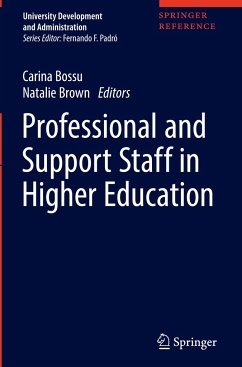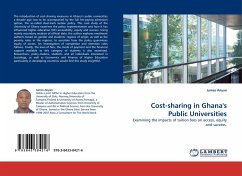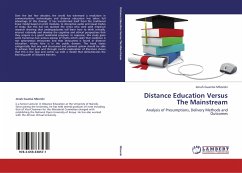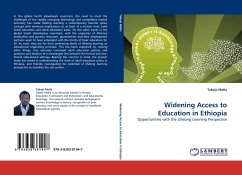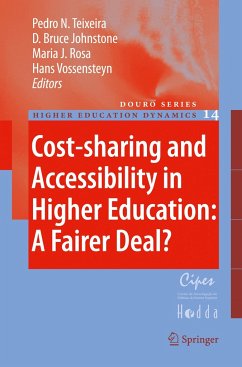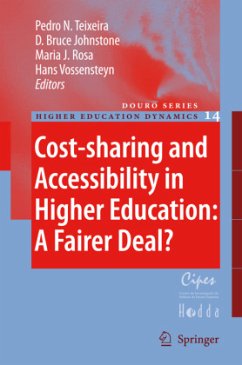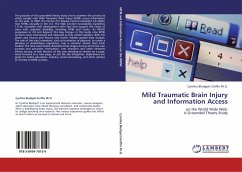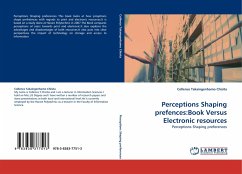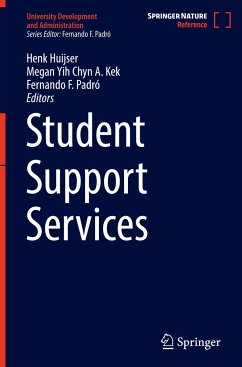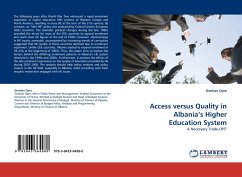
Access versus Quality in Albania's Higher Education System
A Necessary Trade-Off?
Versandkostenfrei!
Versandfertig in 6-10 Tagen
32,99 €
inkl. MwSt.

PAYBACK Punkte
16 °P sammeln!
The following years after World War Two witnessed a rapid enrolment expansion in higher education (HE) systems of Western Europe and North America, resulting in mass HE at the turn of the 21st century. By contrast, an "elite HE" policy was embraced by Central Eastern European (CEE) countries. The dramatic political changes during the late 1980s provided the thrust for most of the CEE countries to expand enrolment and reach mass HE figures at the end of 1990s. However, shortcomings in HE inputs, oversight, accompanied by increasing trends of corruption suggested that HE quality in these countri...
The following years after World War Two witnessed a rapid enrolment expansion in higher education (HE) systems of Western Europe and North America, resulting in mass HE at the turn of the 21st century. By contrast, an "elite HE" policy was embraced by Central Eastern European (CEE) countries. The dramatic political changes during the late 1980s provided the thrust for most of the CEE countries to expand enrolment and reach mass HE figures at the end of 1990s. However, shortcomings in HE inputs, oversight, accompanied by increasing trends of corruption suggested that HE quality in these countries declined due to enrolment expansion. Unlike CEE countries, Albania started to expand enrolment in HE only at the beginning of 2000s. Thus, this paper aims to explore the factors behind the differing enrolment patterns in Albania's HE system observed in the 1990s and 2000s. Furthermore, it assesses the effects of the late enrolment expansion on the quality of education provided by HE during 2001-2008. The analysis should help policy analysts and policy makers in the HE field, especially in Albania, while providing with fresh insights researchers engaged with HE issues.



